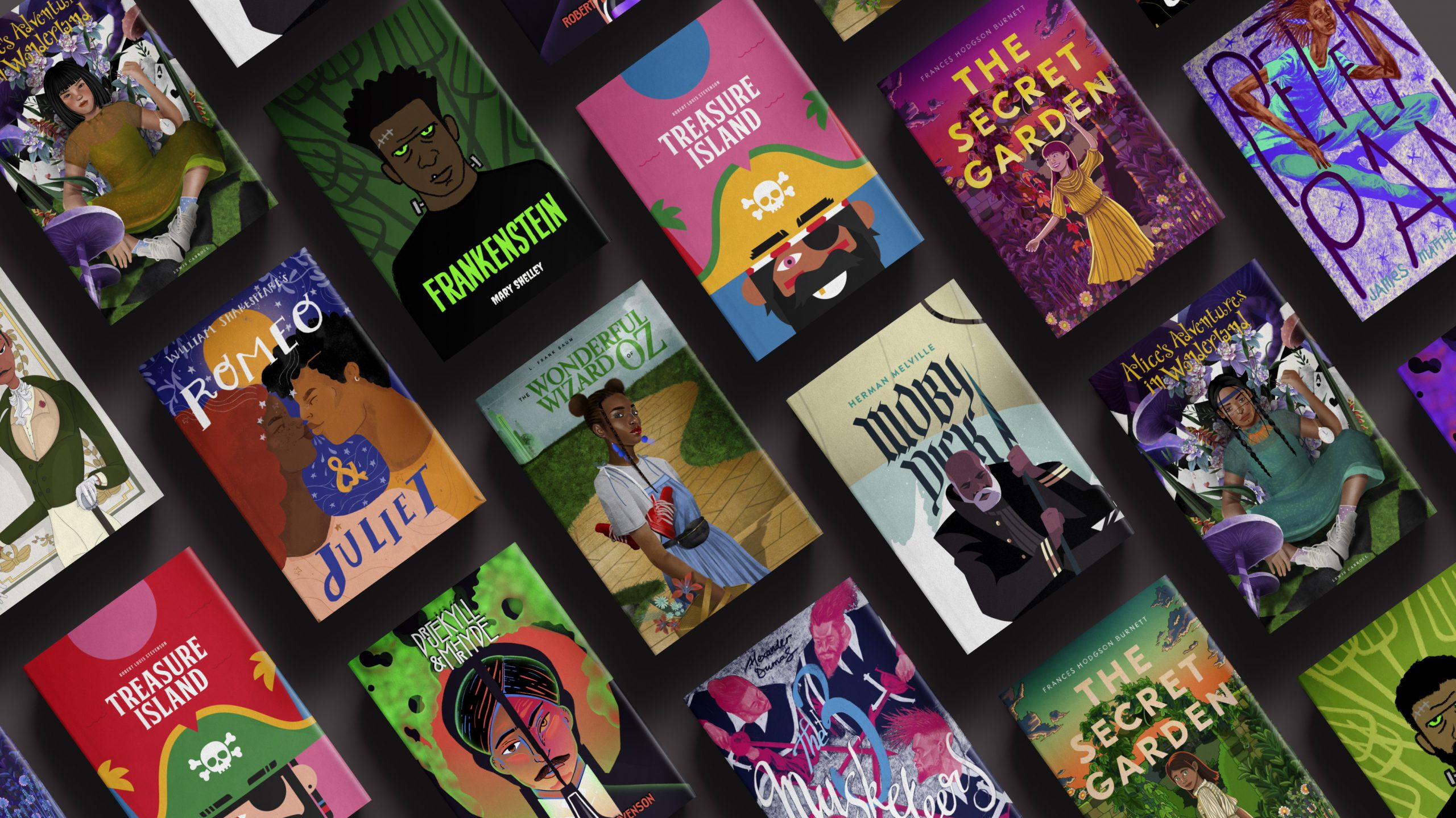|
Dear John,
The country's leading publisher and bookstore, Penguin Random House and Barnes & Noble, just applied literary Blackface to celebrate Black History Month.
Earlier this week, Barnes & Noble and Penguin Random House announced the impending release of a project in honor of Black History Month. And just as quickly as they released the project, they canceled it due to massive online backlash. Titled “Diverse Editions,” the initiative aimed to increase engagement in “classic” books like Peter Pan, Frankenstein, Moby Dick, and Alice in Wonderland by releasing covers that reimagined characters as Black people and people of color.1 Although this may have seemed like an honest effort to promote diversity, in reality, the project was misguided and harmful. These so-called “diverse” covers didn’t highlight Black stories or Black authors, but instead pasted Black faces on top of stories that remain overwhelmingly white and undeniably racist.
Tell Barnes & Noble and Penguin Random House to make real investments in promoting books written by Black authors, not literary Blackface.
Despite what Barnes & Noble and Penguin Random House may think, putting the face of a person of color on the covers of white stories is not real inclusion. Instead, it sends a dangerous message to people all over the world that white stories are more acceptable, more valuable, and more worthwhile than Black stories. It also sets a harmful precedent that it’s okay for companies to take advantage of Black faces and diversity trends to increase their profit margins.
Barnes & Noble and Penguin Random House should promote Black authors and stories, not profit from literary Blackface.
Barnes & Noble and Penguin Random House’s decision has far-reaching impacts. Many of the “classic” books these companies chose to release in the “Diverse Editions” initiative originally became popular when Black authors and books with Black protagonists were frequently banned from publication. And books like Moby Dick and Peter Pan are not only overwhelmingly white, but contain harmful stereotypes of the characters of color they do feature. Some books, like The Secret Garden, for instance, were openly hostile toward Black characters. To place a Black version of a character on the cover of a story that is not only white, but promotes hostility toward Black people, is confusing, misleading, and harmful for the Black people who may opt to read them.
Books have a great deal of power. Books help children and adults alike understand themselves and their history, embrace their identity and culture, and internalize positive representations of themselves. But when books are not representative of our communities, we lose out on powerful stories that can help us imagine and accomplish our greatest dreams. Because of their enormous power, it is necessary for Barnes & Noble and Penguin Random House to take additional steps to promote books by Black authors and authors of color, and ensure that our stories are being told. With just 6% of children’s and young adult books published in the U.S. in 2018 written by Black authors, these companies should be finding ways to get more Black authors published.2
Until justice is real,
—Brandi, Rashad, Arisha, Jade, Johnny, Future, Amanda, Evan, Imani, Samantha, Jenette, Ciera, Eesha, Marcus, FolaSade, and the rest of the Color Of Change team
References:
- “UPDATE: Barnes & Noble cancels launch of classic novels with new covers following online backlash,” AM New York, February 3, 2020, https://act.colorofchange.org/go/227399?t=16&akid=40833%2E4731121%2Ec3I3Ma
- “Publishing Statistics on Children's/YA Books about People of Color and First/Native Nations and by People of Color and First/Native Nations Authors and Illustrators,” Cooperative Children’s Book Center, November 21, 2019, http://act.colorofchange.org/go/28456?t=18&akid=40833%2E4731121%2Ec3I3Ma
Photo: AM New York

Color Of Change is building a movement to elevate the voices of Black folks and our allies, and win real social and political change. Help keep our movement strong.
If you're absolutely sure you don't want to hear from Color Of Change again, click here to unsubscribe.
